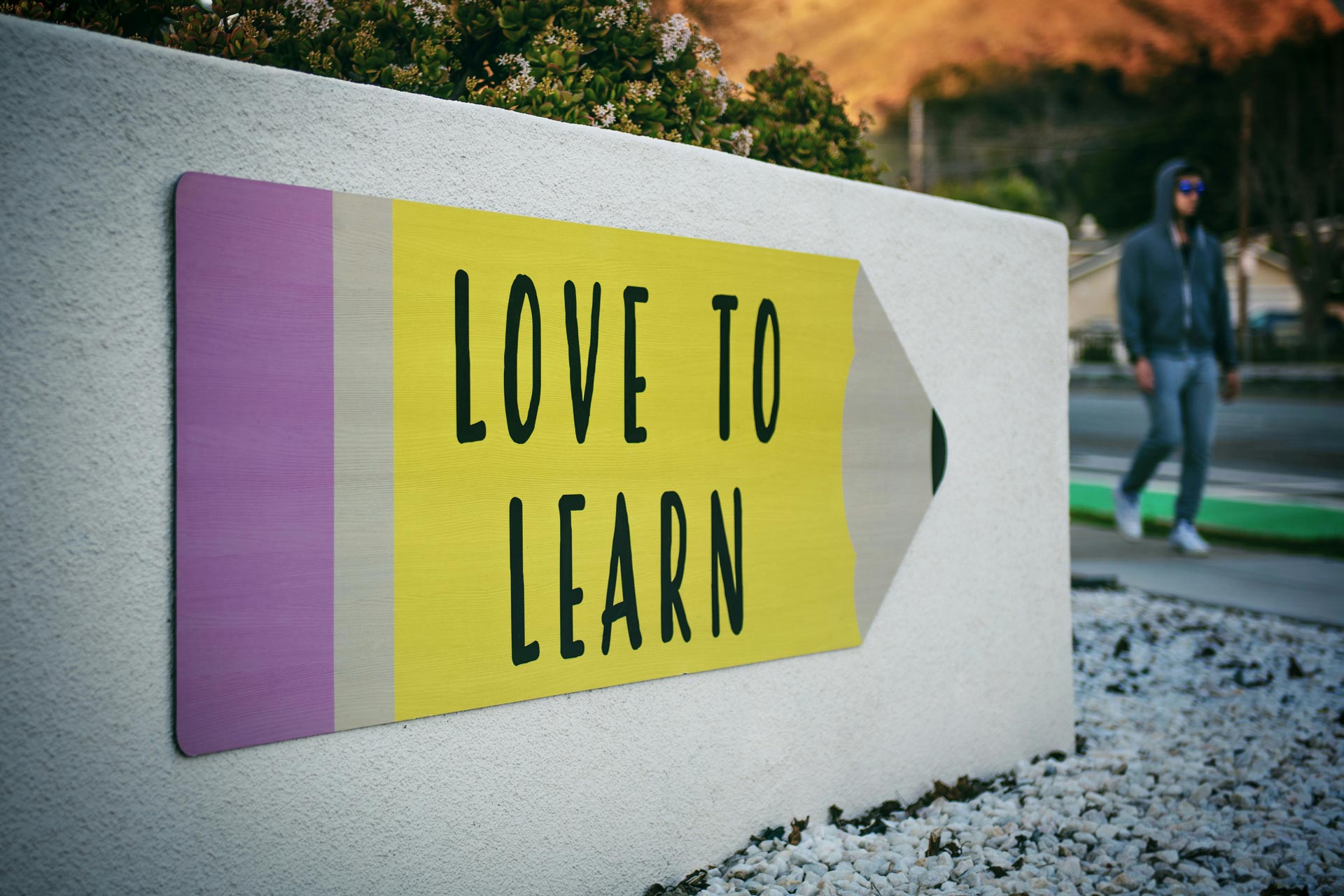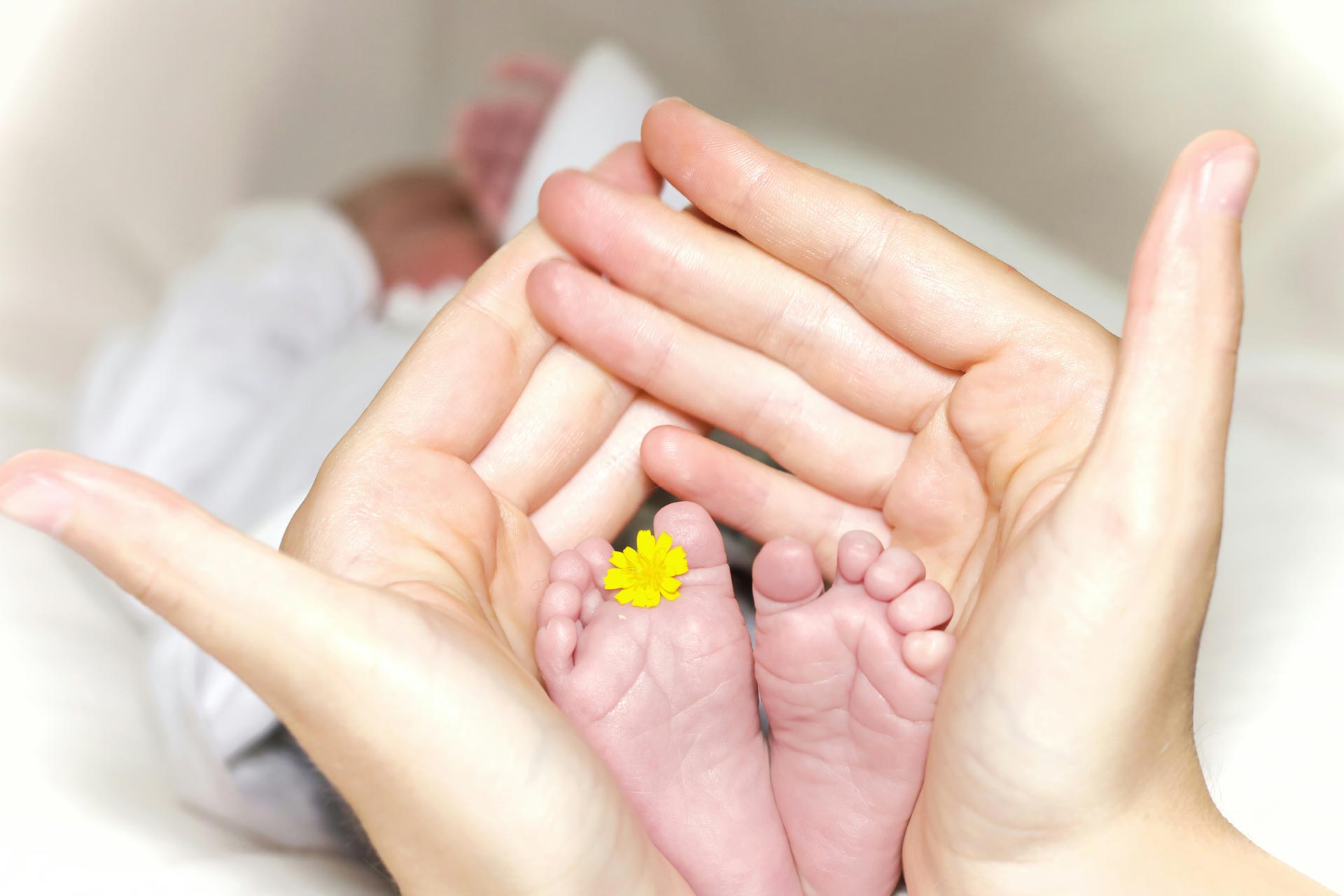Be kind to yourself.
What does unconditional love really mean? How do we start with ourselves and change our inner dialogue in order to experience and give this kind of love?
Unconditional love: The first step starts by taking care of yourself
What does unconditional love mean? Who here knows it? And if we don’t know it, how do we give it? Can we love ourselves unconditionally? Must and should we love children unconditionally?
Golly, where do we start? I probably want to write 43 more newsletters on this topic, but: the longest journey begins with the first step.
First: myself. When do I treat myself harshly, critically, unfairly, dismissively? What are the thoughts that tell me I’m unworthy, don’t deserve love, can’t do anything right anyway, can’t really do anything, it’s typical that this happens to me, and so on and so forth.
When I started to listen to my inner monologue, I was first shocked and then relieved: so many things in my life suddenly explained themselves. And: the inner monologue can be changed. Read about handling mistakes in this article.
You practise catching thoughts before they cause damage.
The thoughts are like slippery fish at first, you can barely get a hold of them and then they’re gone again, leaving a stale taste and making you feel a little sad. Or angry. Over time, the destructive thoughts become more sluggish, can be caught like turtles – but are just as snappy. You can look at them and find out where they came from and then place them back on earth in a different direction. At some point you catch yourself doing something clumsy or messing something up and think: Oh, that was unfortunate. Nothing bad happened.
I had to go down this path because nobody taught me how to speak nicely to myself. In fact, I was taught that the more critical I am of myself, the less others can belittle me (because I’m already small). Unfortunately, many children are still being taught the same thing.
Where does the inner monologue come from?
These sentences and thoughts are internalised messages that we heard in our childhood and youth, or even in traumatic adult relationships. These can, but do not have to, be expressed explicitly. Attitudes, moods and body language are perceived much more strongly by children’s fine antennae than we are aware of. It is therefore essential to start with oneself. The way we deal with mishaps and mistakes must first change within ourselves. Then we will automatically become more generous with the mistakes of others. Wonderful, isn’t it?
Would you like to know when I publish something new? Then subscribe to the regular newsletter! It is published twice a month and contains not only practical tips for everyday life with children, but also exclusive content and events. You’ll receive a free template for a ‘Wheel of Anger’, which is a practical tool for dealing with anger.
This article might interest you: Are children allowed to make mistakes?
About the author
Elisabeth Krista
Bleibe auf dem Laufenden!
Melde dich hier für meinen Newsletter an
Durch deine Anmeldung akzeptierst du die Datenschutzbestimmungen
Verwandte Beiträge
Blog Posts
Wie könnte eine Welt aussehen, in der alle Geschlechter von klein auf lernen, Grenzen zu respektieren? Welche...
Über die widersprüchlichen und oft politisierten Ansichten über Mutterschaft und die unrealistischen Erwartungen,...

